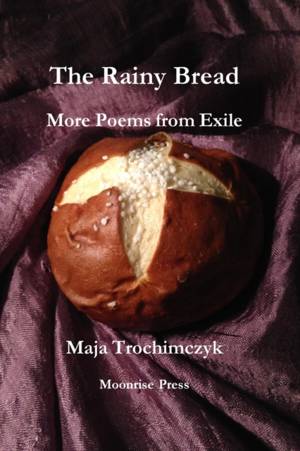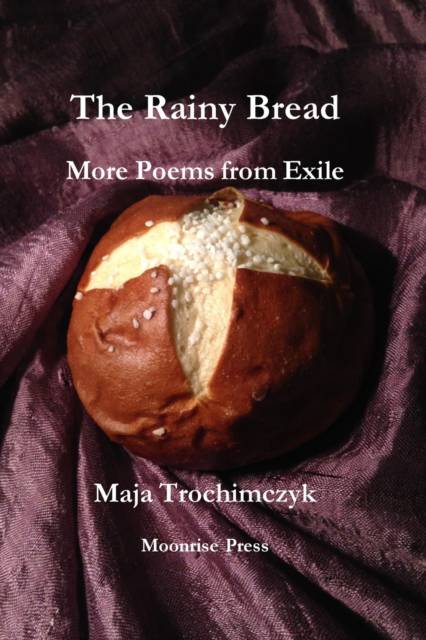
- Afhalen na 1 uur in een winkel met voorraad
- Gratis thuislevering in België vanaf € 30
- Ruim aanbod met 7 miljoen producten
- Afhalen na 1 uur in een winkel met voorraad
- Gratis thuislevering in België vanaf € 30
- Ruim aanbod met 7 miljoen producten
Zoeken
€ 56,95
+ 113 punten
Uitvoering
Omschrijving
The Rainy Bread: More Poems from Exile presents 63 poems about forgotten stories of Poles living under the Soviet and German occupation during WWII, especially in the Eastern Borderlands or "Kresy." They were killed, deported, imprisoned, or starved after the invasion of Poland by the Soviet Union on September 17, 1939. Some of these brief portraits capture the trauma, resilience, ordeals, and miraculous survival stories of the author's immediate family. Their experiences of displacement, hunger, cold, and poverty during the war are typical of Polish civilians. These fictionalized memories are coupled with depictions of survival of other Poles deported to Siberia, the Arctic Circle, or Kazakhstan; those left the Soviet Union with the Second Corps of the Polish Army under the command of General Wladyslaw Anders; those who were transported to refugee camps in India or Africa; and ended up in Argentina, Canada, Australia or the U.S. The book is an expanded edition of The Rainy Bread: Poems from Exile (2016) and a companion to Slicing the Bread (2014). Organized into six parts - Destinations, Nowhere, Hunger Years, Resilience, There and Back, What Remains - the updated book follows a trajectory of descent into hell of deportations, imprisonment, hunger, mass murder, and the ascent into resilience and survival. At the end, the dark rain of sorrow changes into the diamond rain of delight, as life triumphs over death, love over fear. Maja Trochimczyk, Ph.D., is a Polish American poet, music historian, photographer, and author of seven books on music, most recently Górecki in Context: Essays on Music (2017) and Frédéric Chopin: A Research and Information Guide (co-edited with William Smialek, 2015). She currently serves as the President of the California State Poetry Society, managing editor of the California Quarterly, and the President of the Helena Modjeska Art and Culture Club in Los Angeles, promoting Polish culture in California. Trochimczyk's nine books of poetry include Rose Always, Miriam's Iris, Slicing the Bread, Into Light, and four anthologies, Chopin with Cherries (2010), Meditations on Divine Names (2012), Grateful Conversations: A Poetry Anthology (2018) and We Are Here: Village Poets Anthology (2020).
Specificaties
Betrokkenen
- Auteur(s):
- Uitgeverij:
Inhoud
- Aantal bladzijden:
- 124
- Taal:
- Engels
Eigenschappen
- Productcode (EAN):
- 9781945938474
- Verschijningsdatum:
- 26/09/2021
- Uitvoering:
- Paperback
- Formaat:
- Trade paperback (VS)
- Afmetingen:
- 152 mm x 229 mm
- Gewicht:
- 240 g

Alleen bij Standaard Boekhandel
+ 113 punten op je klantenkaart van Standaard Boekhandel
Beoordelingen
We publiceren alleen reviews die voldoen aan de voorwaarden voor reviews. Bekijk onze voorwaarden voor reviews.











